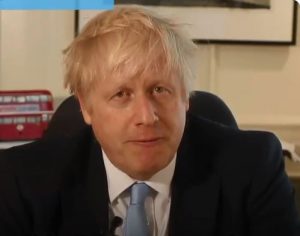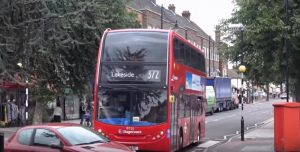
3 July 2020. BBC: Passengers entering England from dozens of countries will no longer have to quarantine, from 10 July.
The government has issued a list of 59 destinations – including many popular holiday spots – which now pose ”a reduced risk” from coronavirus.
However, not all of them have ended restrictions for UK tourists when they arrive there.
Where can I go without quarantining when I get back?
The list focuses on countries in Europe, island nations around the world including the Caribbean, and countries further east – including Vietnam, Japan, South Korea, Hong Kong, Australia and New Zealand.
Arrivals are exempt from quarantine if they arrive in England from:
Andorra, Antigua and Barbuda, Aruba, Australia, Austria, Bahamas, Barbados, Belgium, Bonaire, Sint Eustatius and Saba, Croatia, Curaçao, Cyprus, Czech Republic, Denmark, Dominica, Faroe Islands, Fiji, Finland, France, French Polynesia, Germany, Greece, Greenland, Grenada, Guadeloupe, Hong Kong, Hungary, Iceland, Italy, Jamaica, Japan, Liechtenstein, Lithuania, Luxembourg, Macau, Malta, Mauritius, Monaco, Netherlands, New Caledonia, New Zealand, Norway, Poland, Réunion, San Marino, Serbia, Seychelles, South Korea, Spain, St Barthélemy, St Kitts and Nevis, St Lucia, St Pierre and Miquelon, Switzerland, Taiwan, Trinidad and Tobago, Turkey, Vatican City, Vietnam.
The 14 British Overseas Territories are also exempt.
More countries may be added ”over the coming days’,’ the Department for Transport says.
The government will also lift its advice against all but essential international travel for selected countries from Saturday.
Which countries are not on the list?
You will still have to isolate for 14 days if you arrive back in England from Canada, the US and much of Central or South America.
Countries in Africa, the Middle East and most of Asia are also excluded.
Travellers from Sweden, Portugal, Russia and anywhere else not on the list will also have to quarantine.
The list will be kept under review, and if conditions worsen in an exempted country, the government says it ”will not hesitate” to reintroduce quarantine for those travellers.
Equally, further restrictions may be placed on UK travellers if its infection rate rises.
What about restrictions at my destination?
Travellers leaving England could still face restrictions – including quarantine – when they arrive in one of the exempted countries.
About half the countries and territories on the list have restrictions for arriving UK visitors. These include:
- Greece will not accept direct UK flights until at least mid-July
- Austria requires Britons to self-isolate unless they have a recent medical certificate or test negative for coronavirus on arrival
- New Zealand has barred almost all foreign travellers from visiting
- Countries including Australia and South Korea impose a 14-day quarantine
- Visitors to Iceland can either choose to pay for a test or go into quarantine
- You are not allowed to enter Cyprus if you have been in the UK in the last 14 days
But these restrictions may change.
France, for example, has had a voluntary quarantine for UK travellers entering the country. It’s understood this will be lifted when the UK lifts its restrictions for French travellers.
What are the rules in other parts of the UK?
Health measures like quarantine are set by each UK nation separately, so the changes may not apply everywhere. At present:
- The Scottish government says it has not made a decision on whether to ease quarantine restrictions
- The Welsh government has also not decided whether to follow England’s measures
- Northern Ireland will still quarantine travellers arriving from outside the UK and the Republic of Ireland
Travel information for Scotland, Wales and Northern Ireland will be published in ”due course” by the administrations there.
What happened to air bridges and traffic light system?
Ministers had indicated the government was considering a series of ”air bridge” agreements for quarantine-free travel between the UK and low-risk countries. These were also referred to as ”travel corridors” when including international journeys made via land and sea.
However, the government appears to have moved away from these partnerships.
It has also not used a suggested “traffic light” system to grade countries’ exemption from quarantine.




